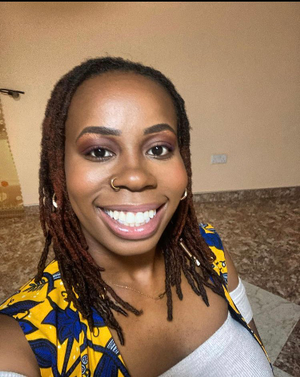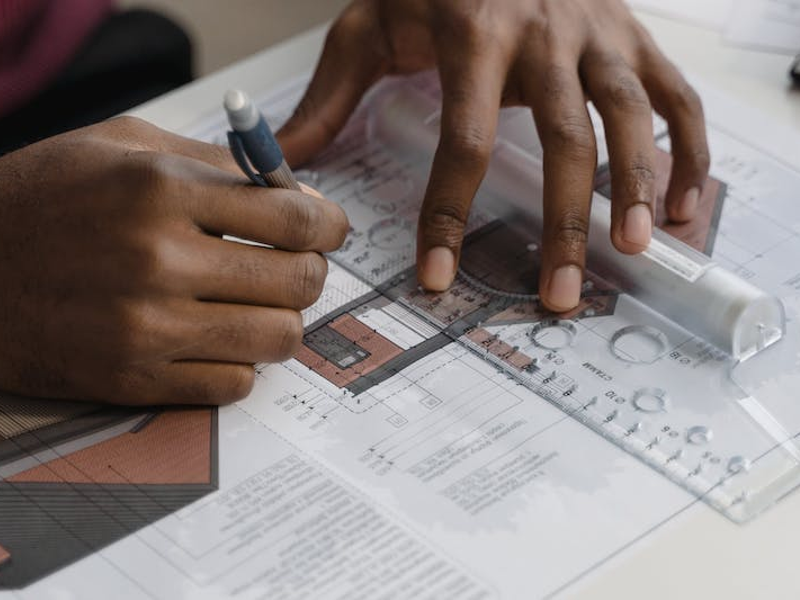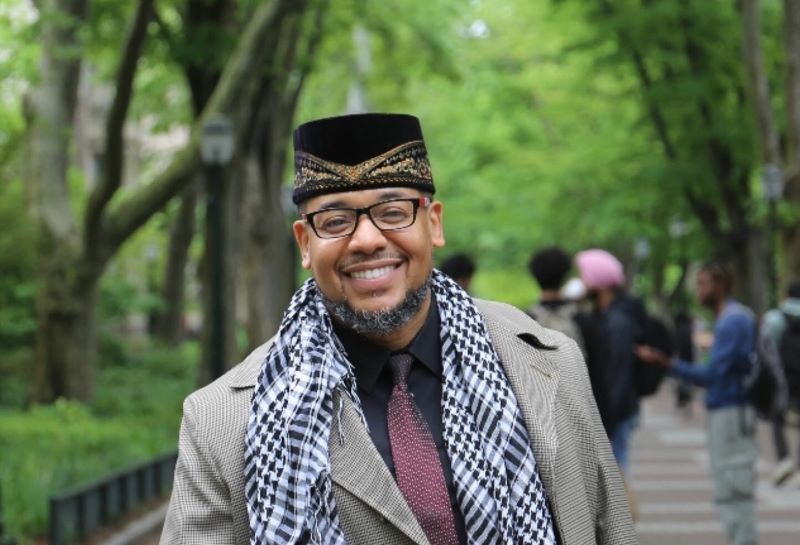Public outrage sparked two weeks ago, when the School District of Philadelphia announced a hybrid reopening for Philadelphia schools. Now, after going back to the drawing board, the School District plans to open schools virtually for its 125,000 students, at least until November 17th. To provide exclusive insight on the future of education, we themed last week’s FunTimes Friday event ‘Back to School,’ bringing figures in the education sector and community members together to discuss re-opening schools during COVID.

Our hostess with the mostest, Jennifer Smith, led an engaging discussion about the risks, resources and possibilities of opening schools during this time. The panel was rich with expertise, empathy and long term strategic thought. Panelists that fueled the conversation included Monica Lewis, Deputy Chief of Communications/Spokesperson at the School District of Philadelphia, Joel Gains, Interim Head of School and Upper School Principal at the City School in Philadelphia, Ayanna Johnson, Principal at Kuumba Academy Charter School in Delaware and Dr. Penny Nixon, Senior Executive Vice President of Education and Chief Administrative Officer (CAO) at Universal Companies in Philadelphia.
PLANS FOR REOPENING
Joel Gains encouraged communities to think practically, using the term ‘Maslow before you bloom,’ which includes being mindful of immediate needs so communities will be prepared to bloom, which in this case means providing and receiving academic opportunities. Although the City School has reopening plans, he, like the other panelists, anticipates change. Joel encourages educators to be flexible in strategic approach during COVID: “Planning does not have to be the enemy of agility…We need to understand that everyday there is something new, everyday there is a new change, and we must try to support our teachers in that process, along with our parents, students and every stakeholder that is connected with the City School.”

Dr. Penny says she plans on opening virtually and then transitioning into a hybrid style of learning. Because these times are fluctuating with the rise and fall of coronavirus cases, she too is crouched and ready to adapt to changes that may come her way.
Ayanna sees the future of schools in places like Delaware to go virtual, and reminds us that as COVID cases went down and beaches opened, citizens flocked to enjoy their lives, and as a result, coronavirus cases shot back up. As upcoming holidays approach, she warns communities that these foils will negatively impact education and prolong virtual classrooms for public safety. She also reports that Governor Carney of Delaware advised schools to prepare Red, Yellow and Green phases during COVID, and her school, Kuumba Academy Charter School, is currently at the Yellow phase. They are awaiting approval from the governor to move forward.
Monica, spokesperson for the Philadelphia School District, assures communities that whatever the School District decides to do will be based on science to keep people safe.
A 360 APPROACH: MEETING EMOTIONAL NEEDS OF ALL PARTIES INVOLVED
A question of how to meet the emotional needs of students, parents and staff alike came into focus. Ayanna tells us that Kuumba is working to serve families, learn what kind of virtual model works best and leverage the affects socioeconomic standings have on students going virtual.
Monica reveals that the Philadelphia School District is crafting a ‘Healing Together’ initiative to address the social and emotional needs of students in light of COVID. The district’s virtual academy preparations started in the spring and will continue through the fall. The district sought to lessen the digital gap by issuing 90,000 Chromebooks to students. In addition, through partnerships and programs, they distributed about 4 million meals.
Penny Dixon recalls in March that her team, including supported staff, principals and counselors reached out and offered encouragement to students after schools closed. If they could not reach students, they made social distancing home visits, to make sure the students were okay. Universal Companies also toils to relieve the issue of food insecurity.

In highlighting the topic of educational equity, Ayanna reminds us that some parents do not have enough time to help their children through school, and these students will suffer the most, so educators will have to work hard to engage students. By providing Chromebooks, hotspots and other forms of digital access, Ayanna says “We teach our kids to fight for their education and we teach parents to do the same.”
During the event, Linda Brooks from Facebook asked about training parents for virtual classrooms. Ayanna recalled hosting parent workshops for summer school. They educated parents on the importance of lessening the education gap and coached them on how to log in to Zoom and Google Classroom. She also noted that live instruction works well, indicated by students being more engaged and completing their assignments at a higher rate. This illustrates the power of providing emotional foundations to learning through a digital lens. Kuumba bedtime stories are also initiatives they use as technology training tools and to teach collaboratively with parents.

Monica says the Philadelphia School District is working to develop a program for the children of essential workers, and are working to discover innovative ways to fit the needs of these demographics.
When the host asked the million dollar question, ‘How would you keep a mask on a child?,’ Dr. Penny advised educators to have positive preparedness in place to reward students for good behavior (keeping the masks on) and respond immediately to students who are not.
When asked about ways to support teachers during this time, Joel says checking in emotionally with them, addressing hard conversations and inquiring about individual needs are three strategies he utilizes.
All of the panelists agreed that they were continuing to do the work they signed up for, but now in a different way. They building relationships, uplifting vulnerable students and providing support so the youth of tomorrow can be properly educated. In working with both students and parents, many schools are now using innovation to provide a 360 approach to education using philanthropy, empathy and digital tools.
During the event, FunTimes conducted a poll to see what percentage of people felt comfortable sending their kids back to school: 8% of parents said yes, they do feel comfortable and 92% of parents said no, they do not feel comfortable. As educators work to meet students ever shifting needs, concerned parents are also working to adapt, and are playing a larger role in education as the lines between home school and formal school blur together.

Where do you think the future of education is headed? Send us an email at info@funtimesmagazine.com!

Nana Ama Addo is a writer, multimedia strategist, film director and storytelling artist. She graduated with a BA in Africana Studies from the College of Wooster, and has studied at the University of Ghana and Kwame Nkrumah University of Science and Technology. Nana Ama tells stories of entrepreneurship and Ghana repatriation at her brand, Asiedua’s Imprint ( www.asieduasimprint.blog ).





